LmltYWdlLXNwYWNlIHtwYWRkaW5nOjIwcHg7fQ==
“The world will not be destroyed by those who do evil, but by those who watch them without doing anything.”
The words above were spoken by a Jewish man who was a refugee, human rights activist, and philosopher – a man who fled for his life during the Nazi occupation in Germany, only to be confronted with the evils of oppression and segregation that existed in the U.S. Perhaps it was his own experience of persecution and hardship, then, that made him privy to the suffering of others and the dangers of using power and technology to hurt rather than help.
While more widely known as one of the greatest scientists to walk the earth, his humanitarian efforts to help the underprivileged back then are still affecting many today. Needless to say, we should hear his name in more than just science class and know more of his contributions to the world than “E=mc2”.
That’s right. I’m talking about Albert Einstein.
If you’re surprised like me, then maybe Arielle Confino, senior vice president at Schoen Cooperman, is right when she says that our current approach to Holocaust education in the U.S. is “insufficient.”
961974|http://wfsu.org/education/wp-content/uploads/2021/07/Exclusive-Documentary-Discussion-October-6th-@-the-Challenger-Learning-Center-1-1024×428.jpg|large
Coming up on Oct 6, 2022: Join WFSU and HERC at the Challenger Learning Center for an exclusive panel and screening of the new film on PBS: The U.S. and the Holocaust.
Register
Schoen Cooperman Research is a firm that The Conference on Jewish Material Claims Against Germany commissioned to run the first-ever nationwide survey on Holocaust knowledge and awareness among millennials and Gen Z (those born between 1997 and 2012). In 2020, they surveyed 1,000 adults between the ages of 18 and 39. Some of the results were as follows:
of U.S. millennials and Gen Zof respondentsagreedof respondents of respondents
Related: The U.S. and the Holocaust, A film by Ken Burns
961986|http://wfsu.org/education/wp-content/uploads/2022/09/USATH-Show-Poster-graphic_sized.jpeg|full
The Information Age is a double-edged sword. While we have access to more information than ever before, with that comes exposure to misinformation. Holocaust distortion and denial are not only dangerous for the Jewish community, but also a danger to the fabric of society. In fact, while Holocaust education presents opportunities to discuss prejudice, racism, xenophobia, and the like, it must also be taught as an event that was unlike any other so as to not water down a watershed moment in history. The president of Proclaiming Justice to the Nations, Laurie Cardoza-Moore, who took part in the development of the new Holocaust Education and Civics Standards in Florida says, “With anti-Semitism on the rise, we must teach the perils of the past and ensure that the lesson of Never Again is learned.”
Though these statistics reveal the discrepancies in what is known and unknown about the Holocaust, the majority know this one thing: It is important to teach the Holocaust so that it doesn’t happen again. As educators, we have the responsibility of teaching ourselves so that we can teach our students. We have provided some resources that we believe will support and enhance your teaching of this weighty matter.
Additional Resources
The United States Holocaust Memorial Museum
“Resources for Educators”
Access free teaching tools, lesson plans, videos, posters, etc. that can be used in the classroom or online
https://www.ushmm.org/teach
“Remember Survivors and Victims”
Read and listen to the testimonies of the people whose lives were impacted by the Holocaust.
https://www.ushmm.org/remember
History Unfolded: US Newspapers and the Holocaust
Make history come alive as your class joins other teachers, students, and history buffs looking for local news articles that cover 46 different Holocaust-era events and contribute to a national database.
https://newspapers.ushmm.org/about/project
Content adapted from articles published in the Jewish News Syndicate.


